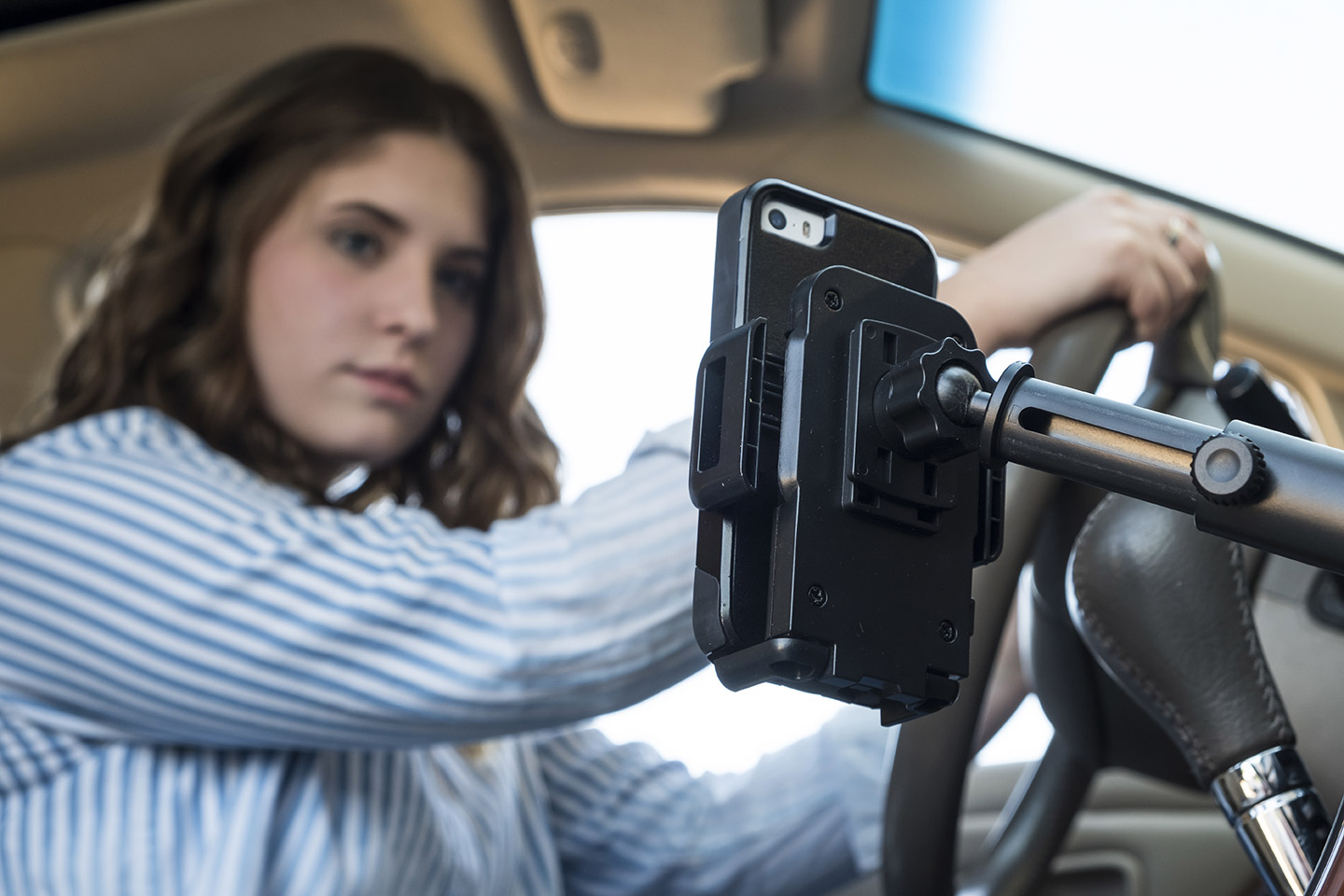
Recent reports suggest that distracted driving could come with a hefty price tag in the form of insurance premiums. But when compared to other infractions, distracted driving penalties are barely a drop in the bucket, according to a recent report from Bloomberg. Slow driving, for instance, can cause a $345 surge in yearly insurance payments. That’s over $100 more than the penalty associated with texting while driving, which incurs a premium penalty of $226. That’s not to mention the fact that insurers are more sensitive to a driver’s age than their proclivity for distraction. Drivers, 80 and up, pay 22 percent more than the average person, and youths, aged 18 and lower, pay three times the average cost. Alyssa Connolly, director of Zebra’s market insights, expressed her sincere surprise: “The distracted penalty was shocking to us,” she said, continuing, “It seems incredibly low. … And I don’t think most people know you can even get a ticket for driving too slowly.”
Failure to Track the Data
Part of the problem is that insurance companies haven’t been able to adequately measure the risk associated with distracted driving. Smartphones, for instance, might be behind a lot of accidents, but as pointed out by Bloomberg, no one’s collecting the data. In fact, even when perpetrators confess to having used their phone leading up to a crash, it doesn’t seem like anybody’s logging that information. In 2008, a collision, caused by a phone-using driver, killed the mother of Jennifer Smith, founder of Stopdistractions.org. But when Bloomberg looked up the relevant federal records, there was only an indication that the crash was fatal – no mention of the cellular device that caused the incident.
Rise in Fatalities
This may be cause for concern, considering the recent surge in car accident fatalities involving pedestrians. Between 2014 and 2016, there was a 22 percent leap in pedestrian fatalities. When you combine that statistic with the fact that 81 percent of people with mobile phones own smartphones as of December, 2016, it’s difficult to ignore the potential correlation.
Zendrive Collects Data
Jonathan Matus – founder of Zendrive, a California-based company that uses a cell phone app to track driving habits – highlighted the stakes of the situation: “As you have more young drivers on the road, and as people increasingly become addicted to their smartphones, it will continue being a major health issue—almost an epidemic—in this country.”
After tracking millions of drivers for billions of miles, Zendrive has found that nearly two-thirds of drivers use their phone while on the road, and it appears the situation is only getting worse. The most recent study found that people behind the wheel tend to use their phone for about 3 minutes and 40 seconds, which is five percent greater than the year prior. Zendrive noted, in its initial bog post, that this would amount to nearly 42 football fields if the driver were cruising at 55 miles per hour.
Insurance Companies Collect Data
Some insurance companies have taken it upon themselves to monitor the driving behavior of their policy holders. Arity, which belongs to Allstate, uses the smartphone’s accelerometer and gyroscope to determine whether a driver is holding their phone. The company can also monitor phone usage, checking to see if any apps are open or if the screen is unlocked. Drivers who can’t help themselves may be punished, and those who can get behind the wheel of a car without touching their phone could reap the benefits of a cheaper policy.
According to Arity’s research, distracted driving could be majorly expensive for insurers. Drivers who are prone to distraction cost 160 percent more than the least-distracted drivers. To remedy the situation, Gary Hallgren, CEO of Arity, hinted at a sort of large-scale social engineering project: “We believe that people are coachable and that by driving less aggressively, using the phone less, there are opportunities to not only give a more accurate insurance price based on choices, but to give drivers more control.”
Perhaps higher premiums might reduce the incidence of distracted driving.
Related articles:















